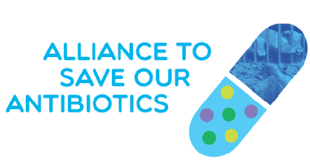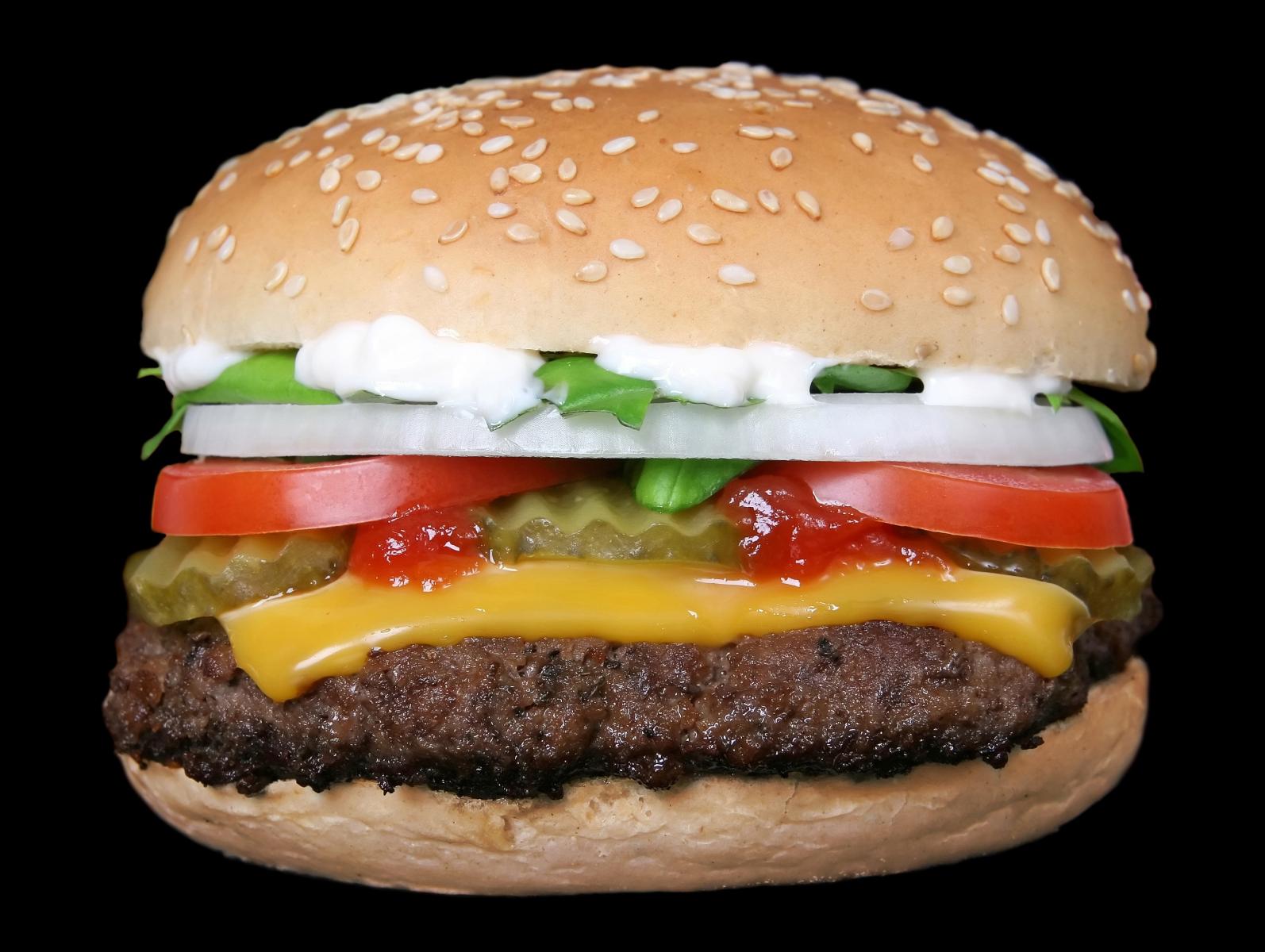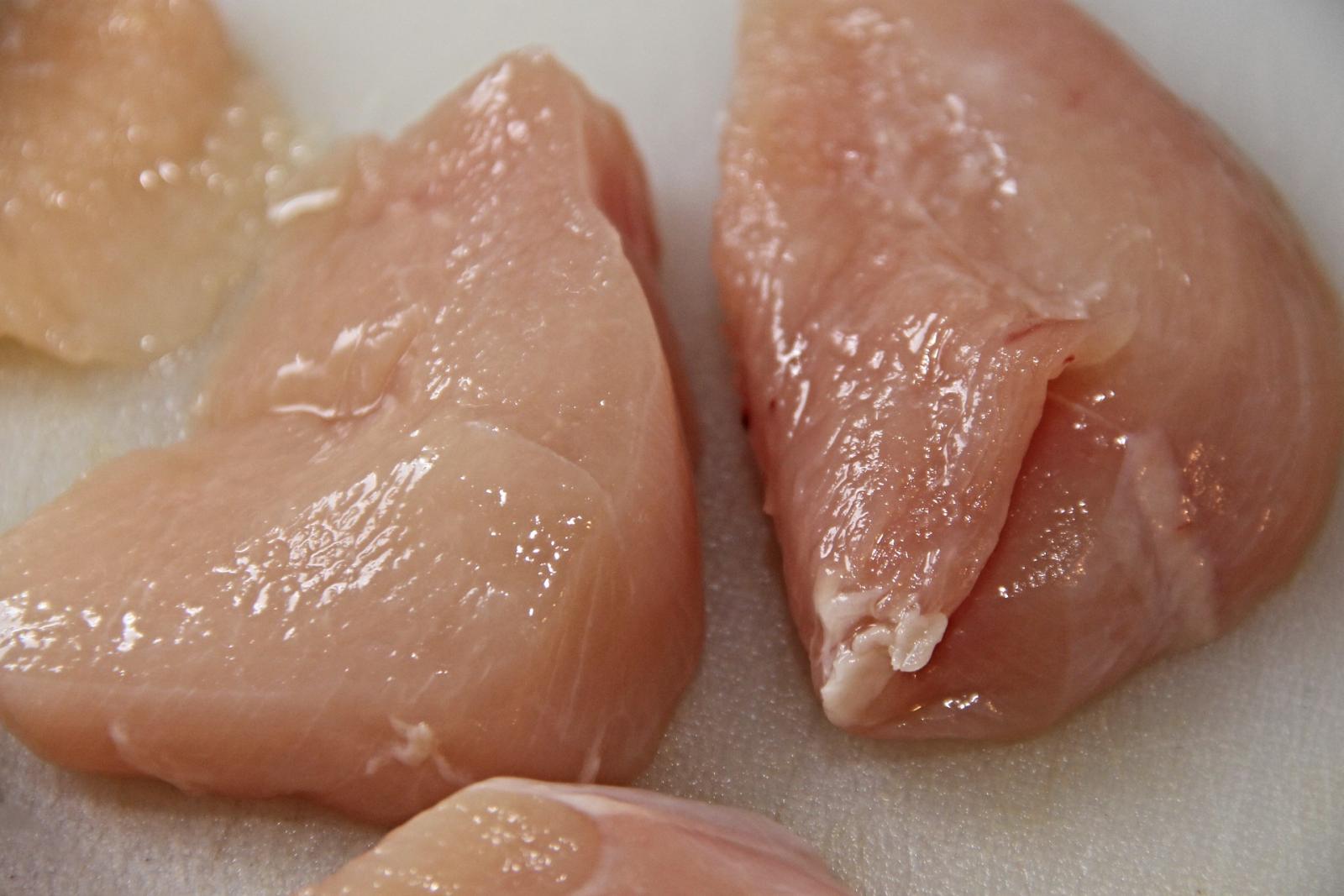For the first time, leaders in the medical community have spoken out against the government's failure to set any targets for reducing farm antibiotic use, even though targets have been set on the medical side.
They are concerned that any improvement in medical stewardship of antibiotics could be undermined by continuing farm overuse. They highlight concerns that farm use could be contributing to the increasing number of antibiotic-resistant E. coli infections in humans.
Almost half (42 per cent) of antibiotics in the UK are given to intensively produced livestock, mainly pigs and poultry. New data published today by the Veterinary Medicines Directorate (VMD) indicates that although there is a slight fall in overall farm use, farm use of antibiotics classified as Critically Important in human medicine has again risen, and is now at its highest level ever recorded (2).
In the meantime, a survey commissioned by the Longitude Prize - results of which are published today - has found that the public ranks the threat of antimicrobial resistance as second only to terrorist attack on the UK national risk register (3).
Welcoming today's intervention by the Royal Colleges, Alison Craig, Campaign Manager of the Alliance to Save Our Antibiotics, said: 'Antimicrobial resistance is an urgent problem causing rising public concern. The government must get a grip on overuse. By setting a target for reduction on the medical side, but not on the veterinary side, the government is neglecting half the problem. If they did this for other health issues, like cancer, there would be an outcry. The need for reduction targets on both sides is obvious, and we are relieved the medical community thinks so too.'
The Alliance is particularly concerned that farm use of key antibiotics is contributing to increasing resistance in human E. coli infections.
In a report published yesterday, 17 November, the European Centre for Disease Control said that antibiotic-resistance in E. coli to three key antibiotic classes was increasing across Europe, including in the UK (4).
Many antibiotic-resistant E. coli infections develop in the community, outside of hospitals, but two of the three key antibiotic classes are very rarely used in the community in human medicine and are much more widely used in farming. This suggests that farm antibiotic use may be contributing to resistance to a far greater extent than has been previously recognised (5).
The VMD report also shows that incidence of multi-resistant E. coli has increased for all farm-animal species tested - cattle, sheep and pigs - except poultry.
CONTACT: Alison Craig tel 07709 730561, Coilin Nunan tel 07786 925713
NOTES TO EDITORS
- The co-signatories on today's letter to The Times are: Dr Suzy Lishman, President, Royal College of Pathologists; Dr Maureen Baker, Chair of Council, Royal College of General Practitioners; Babulal Sethia, President, Royal Society of Medicine; Dr Ron Daniels, Chief Executive, Global Sepsis Alliance; Dr David McCoy, Director, Medact; Alison Craig, Campaign Manager, Alliance to Save Our Antibiotics,
http://www.thetimes.co.uk/tto/opinion/letters/article4270332.ece
|
|
2003 |
2004 |
2005 |
2006 |
2007 |
2008 |
2009 |
2010 |
2011 |
2012 |
2013 |
|
3rd- and 4th-gen. cephalosporins |
410 |
500 |
672 |
739 |
854 |
887 |
976 |
1,463 |
1166 |
1,328 |
1,200 |
|
Fluoroquinolones |
1360 |
1410 |
1460 |
1620 |
1951 |
1928 |
1849 |
2232 |
2085 |
2,434 |
2,610 |
|
All critically important |
1,770 |
1,910 |
2,132 |
2,359 |
2,805 |
2,815 |
2,825 |
3,695 |
3,251 |
3,762 |
3,818 |
- The new data from the Veterinary Medicines is UK Antibiotic Resistance and Sales Surveillance report, VARSS 2013, https://www.gov.uk/government/publications/veterinary-antimicrobial-resistance-and-sales-surveillance-2013
Fluoroquinolones and modern cephalosporins are the antibiotics classified as critically important in human medicine. The WHO says governments should aim to reduce the use of these antibiotics in farming as a priority. However, the table below shows that in the UK the veterinary use of these antibiotics continues to increase:
All in kgs of active ingredient - http://www.nesta.org.uk/news/ps10m-longitude-prize-opens-today-tackle-antibiotic-resistance
- European Centre for Disease Control, 2014. Antimicrobial resistance surveillance in Europe 2013, http://ecdc.europa.eu/en/eaad/Documents/antibiotic-resistance-in-EU-summary.pdf
- The three key classes of antibiotics are the aminoglycosides, the fluoroquinolones and the modern cephalosporins. The aminoglycosides and the modern cephalosporins are rarely used in the community in human medicine, see for example https://www.gov.uk/government/uploads/system/uploads/attachment_data/file/362374/ESPAUR_Report_2014__3_.pdf
This shows that aminoglycoside use in the community only represents 0.04% of all human antibiotic use, whereas the VMD data shows that these antibiotics account for 5% of veterinary use. - European Antibiotic Awareness Day, 18th November, is an initiative run by the European Centre for Disease Control http://ecdc.europa.eu/en/EAAD/Pages/Home.aspx
- The UK government's iniative Antibiotic Guardian invites people to make pledges to improve antibiotic stewardship http://antibioticguardian.com/
- The Alliance to Save Our Antibiotics is an alliance of health, medical, environmental and animal welfare groups working to stop the over-use of antibiotics in animal farming. It was founded by the Soil Association, Compassion in World Farming, and Sustain in 2009, and is supported by the Jeremy Coller Foundation. Its vision is a world in which human and animal health and well-being are protected by food and farming systems that do not rely routinely on antibiotics and related drugs.
Save Our Antibiotics: The Alliance to Save Our Antibiotics is a coalition of health, medical, environmental and animal welfare groups campaigning to stop the overuse of antibiotics in animal farming.

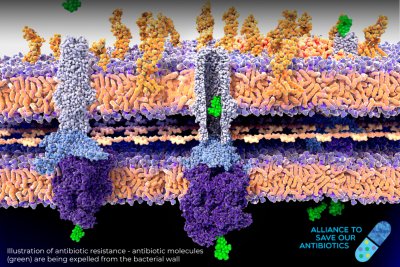
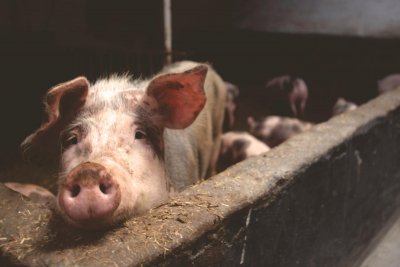
-18Feb22.jpg)
